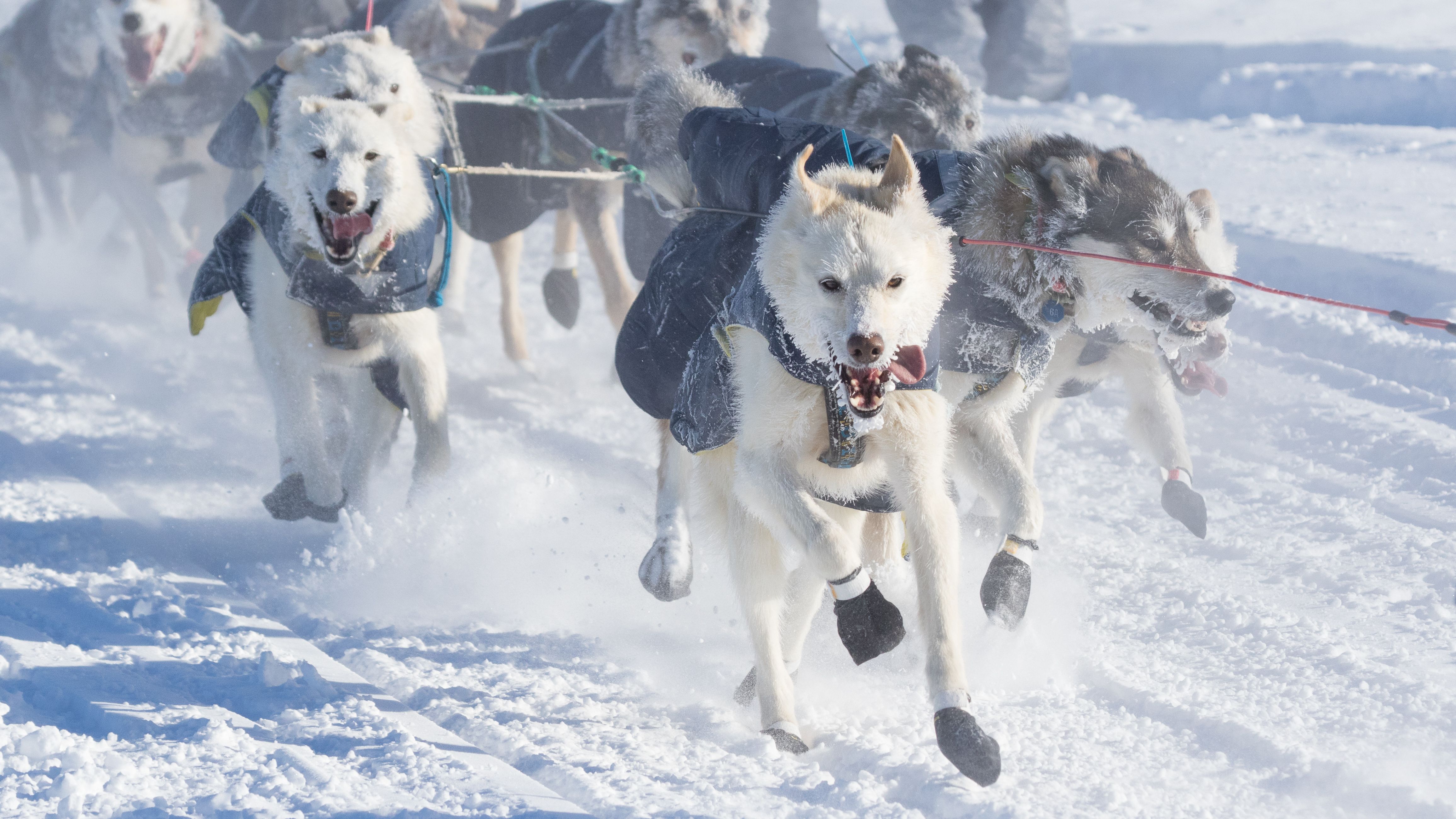Texas veterinarian to work at 2023 Iditarod Trail Sled Dog Race
Throughout this race, it is estimated that more than 10,000 routine veterinary examinations will be performed
Russell Miller, DVM, founder and medical director of VO Vets Animal Hospital in Fort Worth, Texas has been chosen as a veterinarian for the 2023 Iditarod Trail Sled Dog Race. This incredible race spans over 1,000 miles from Anchorage to Nome, Alaska. It commences on March 4, 2023, and on average takes 14-15 days for every sled dog team to finish.
Sally Hinton / stock.adobe.com

According to an organizational release,1 this marks Miller’s rookie year with the Iditarod, and he will work at checkpoints as a trail veterinarian, “leapfrogging” throughout the racecourse as the dog teams trek to Nome. The race includes a total of 50 volunteer veterinarians, with 45 as trail veterinarians, who perform routine examinations and evaluations at all race checkpoints. To be chosen, veterinarians must have at least 5 years of clinical practice experience and be prepared to work long hours in arctic conditions. There is no road access so volunteers must travel by small airplane to the checkpoints. Accommodations range from wilderness wall tents to small community buildings in native villages.
Approximately 80% percent of the veterinarians each year selected to the staff are veterans of the race, with the rest are rookies to the Iditarod.1 The last measure new staff members such as Miller must take to prepare consists of a 3-day training seminar prior to the race start. Being a part of the Iditarod is a wonderful opportunity as veterinarians get to work with the mushers and their exuberant canine athletes, meet other enthusiastic volunteers, visit with residents of remote villages, and bask in the beauty of Alaskan wilderness.
Veterinary care is a priority for the race. To be eligible to enter, each canine athlete must pass a physical exam and go through comprehensive screening, including electrocardiography and blood tests. Also, all dogs are permanently identified by a microchip implant.
Throughout the race itself, it is estimated that more than 10,000 routine veterinary examinations will be performed. Heart rate and rhythm, hydration, appetite, attitude, body weight, lungs, and feet, are usually evaluated. Each musher holds a dog team diary which is presented to a veterinarian at every checkpoint as a way to document the physical exams.
Throughout the 24-hour period, dogs will run a total of around 12 hours, with run rest cycles of about 4-to-6-hour intervals.1 Mushers and veterinarians receive far less rest.
References
Fort Worth veterinarian chosen as a ‘canine physician’ at the 2023 Iditarod Trail Sled Dog Race in Alaska. News release. Iditarod. February 24, 2023. Accessed February 28, 2023. https://fortworthreport.org/2023/02/24/fort-worth-veterinarian-chosen-as-a-canine-physician-at-the-2023-iditarod-trail-sled-dog-race-in-alaska